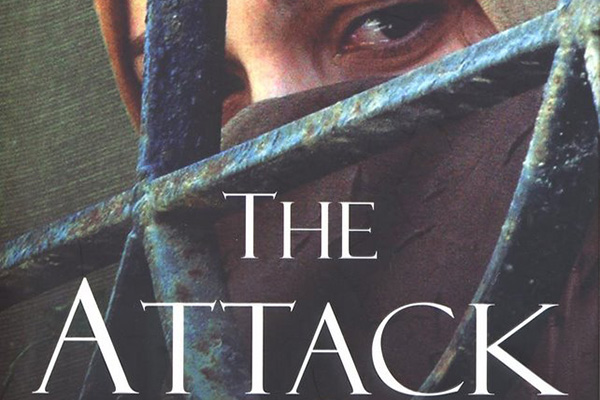The Attack
By Yasmina Khadra
After the prelude, it is revealed that the narrator is an Arab surgeon based in Israel. Shortly after this introduction, the surgeon and his colleagues hear the sound of an explosion and prepare for what they know is inevitable: the effects of a suicide bombing. Our surgeon narrator endlessly operates on countless victims to the point of complete exhaustion. Not only this, but he deals with the backlash of being a Bedouin Arab in a country where being an Arab means suffering hate from the Israelis of his country that runs deep.
Hate is one of the main themes of The Attack. Not only does the violent bombing show the effects of such a feeling, but it also explores what might inculcate such visceral emotion in a person. Early on it is revealed that the surgeon’s wife is responsible for the suicide bombing. The marital relation allows a unique chance to explore the psychology of a terrorist: from the perspective of one who loves the killer in question. This is one of the best features of the book. Without it, the complicated rage that Amin feels towards terrorism would not be believable, nor would such insight into the mind of a suicide bomber be achieved.
But, all in all, it is Khadra’s exploration of the religious sentiments that drive terrorist action that is the most successful aspect of this. As someone who has had no experience of Islam, I really enjoyed how Khadra carefully weighs his own obvious dislike for suicide bombing through the view of narrator, against the heavily involved Muslims that Amin meets in his journey to find an explanation for his wife’s behaviour. In the book, some of the Muslims believe that there is no greater glory than defending your beliefs and country, while some hate the senseless nature of bombings, believing it a waste and useless. Khadra carefully balances the two different views so that the extremists seem overzealous and addicted to war, against the peaceful nature of the non-war believers.
Khadra is an ex-soldier that writes under his wife’s name, because he was concerned about the backlash. Which is understandable, given that this book very ruthlessly rips apart human nature to find out what causes a person to think that taking their life and others’ will have any effect whatsoever. Khadra flawlessly discusses the impact of different races and religions in the war torn Israel to produce a book so well thought out and emotional that the reader cannot help but be impacted by it. As a nice final touch, the book concludes with the explosion that occurred in the prelude.






